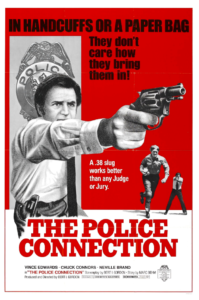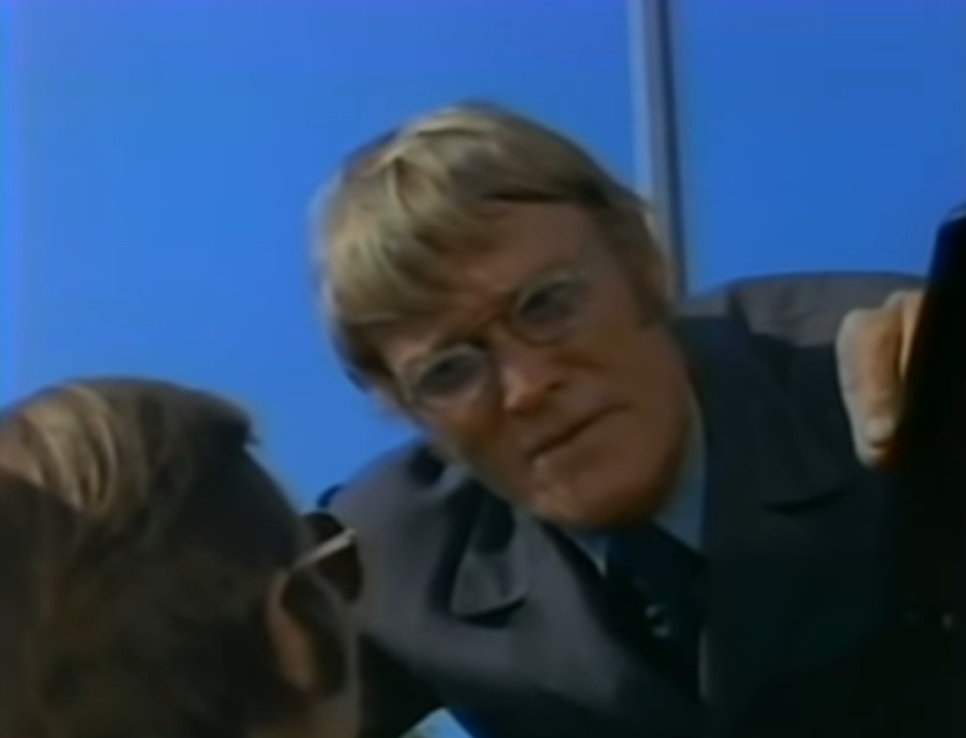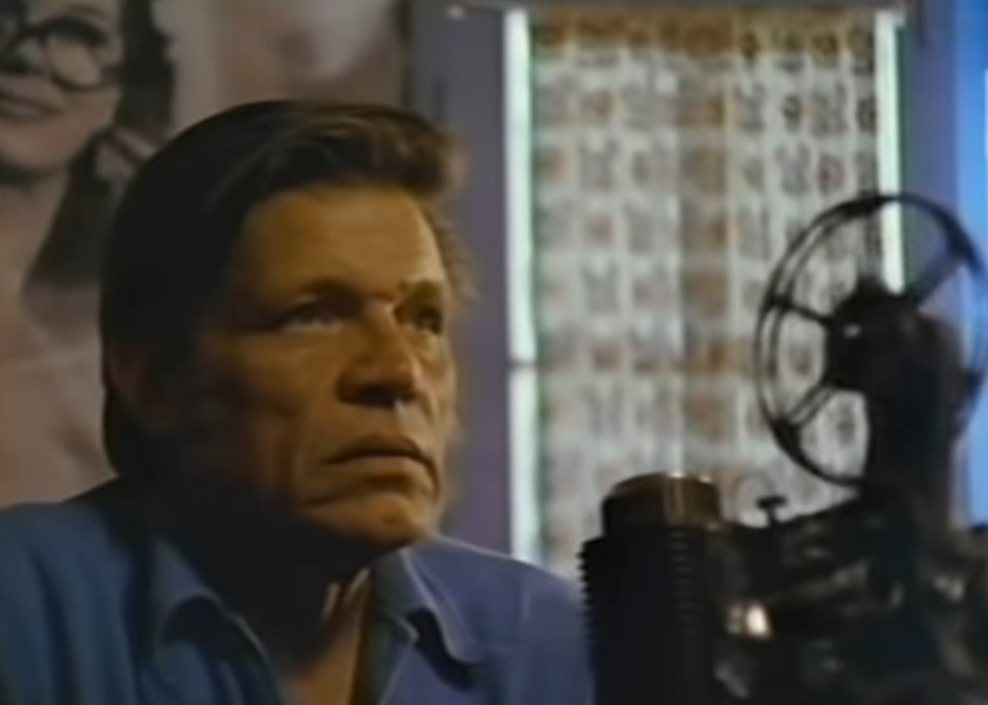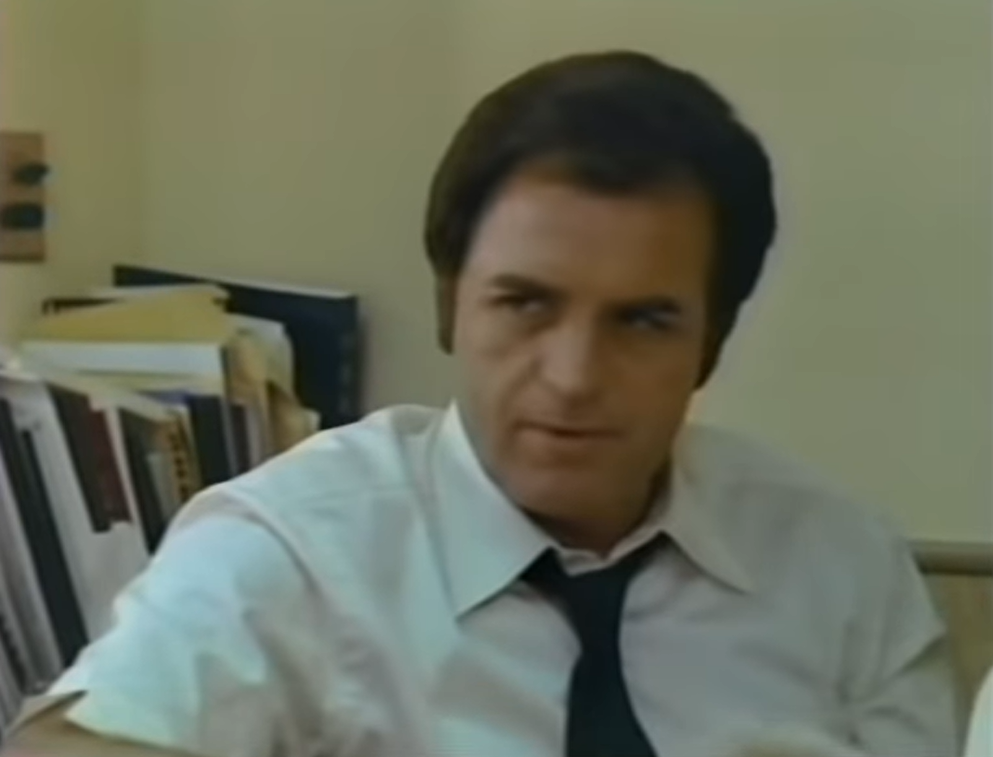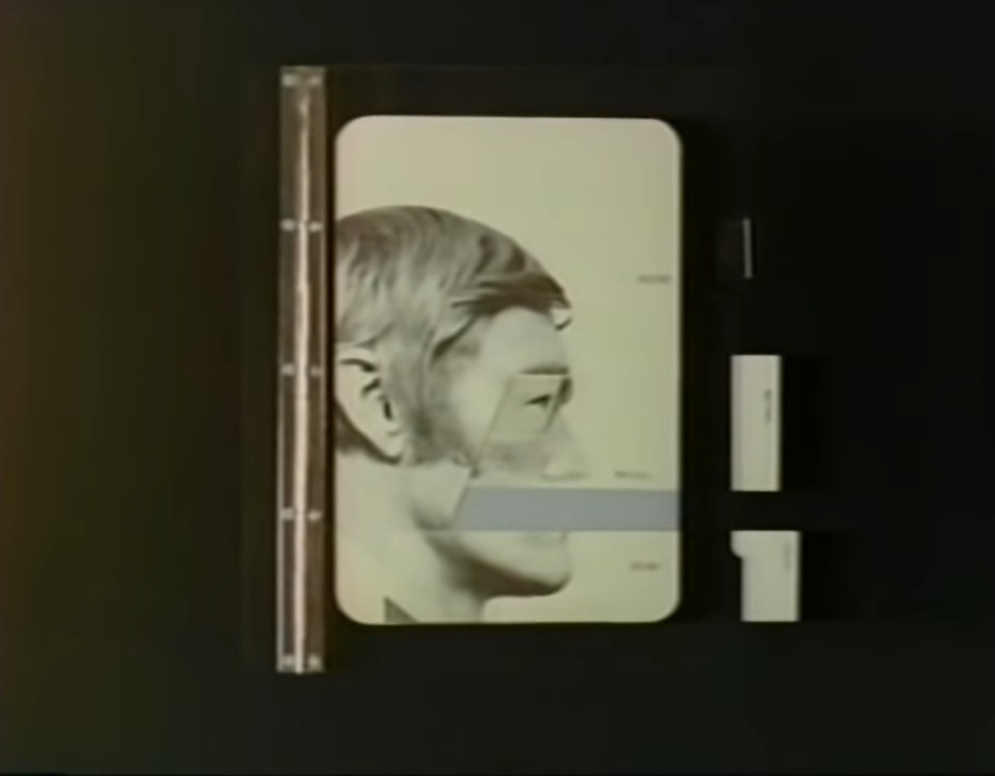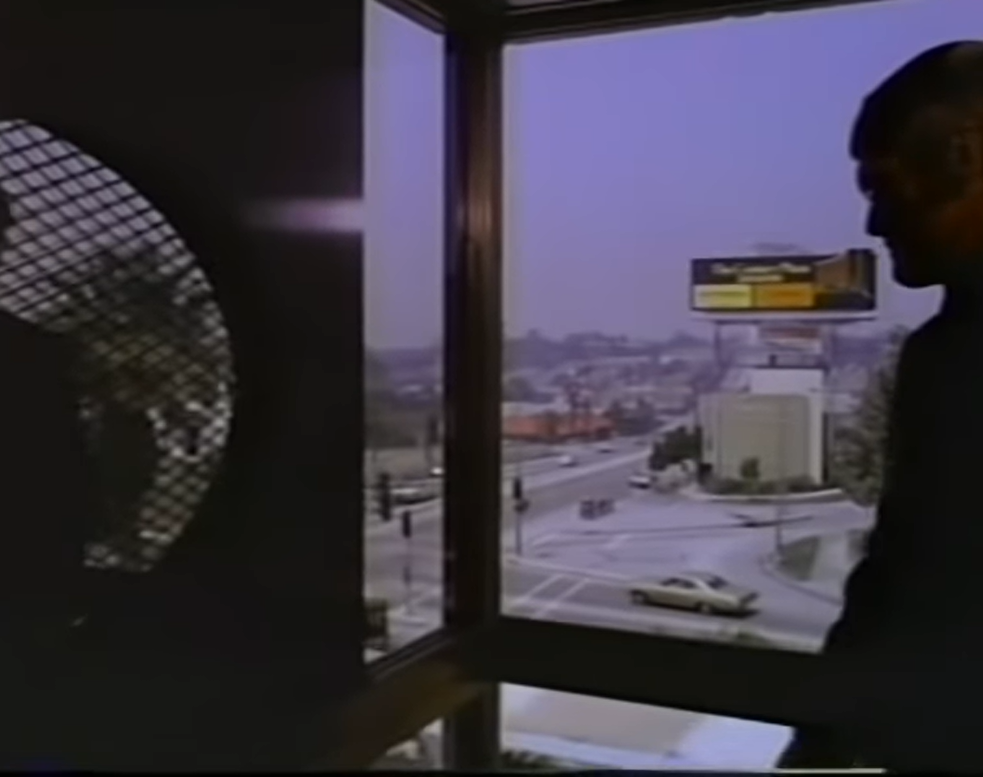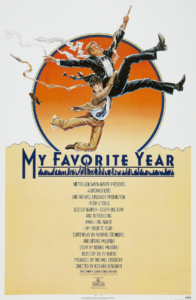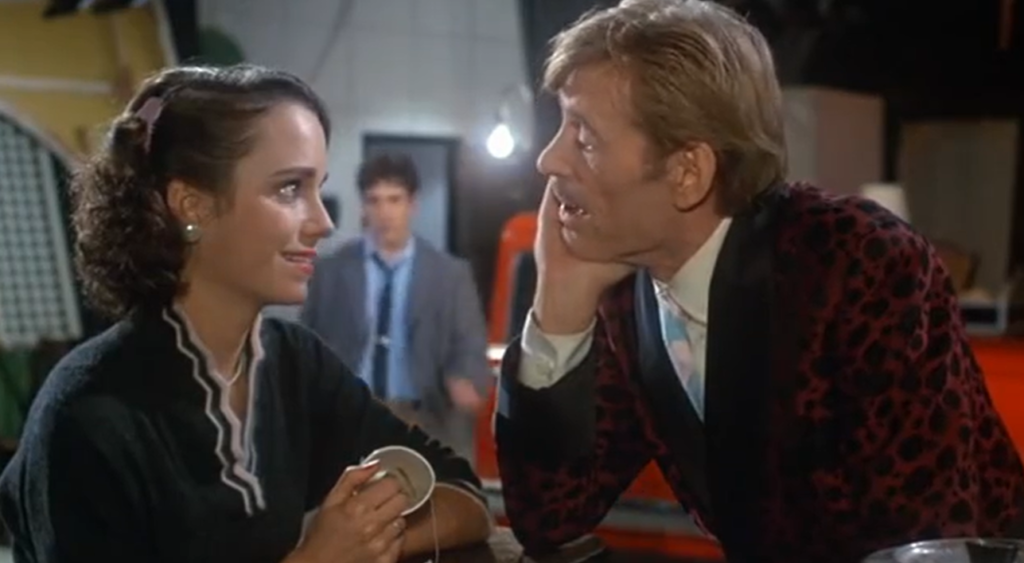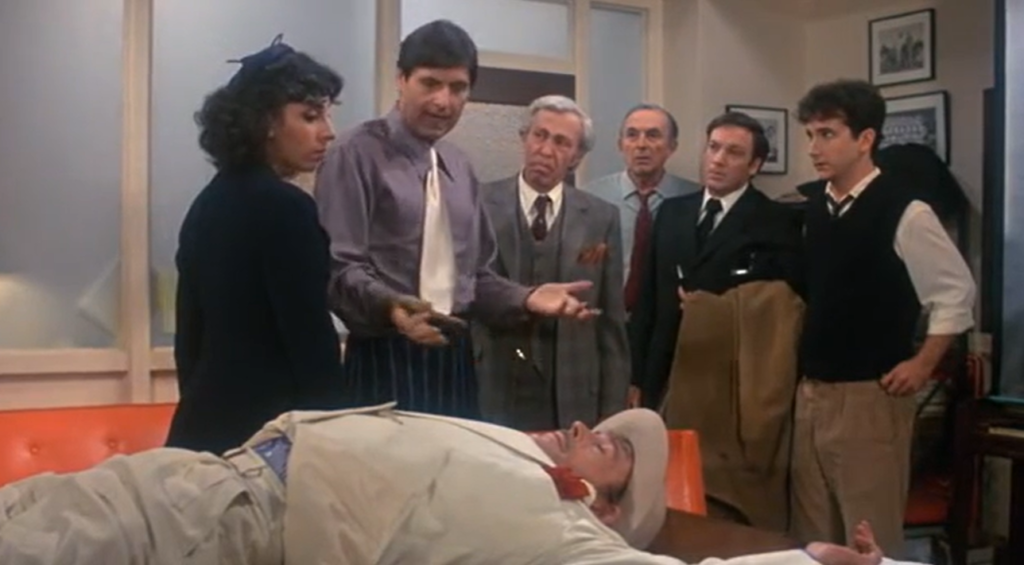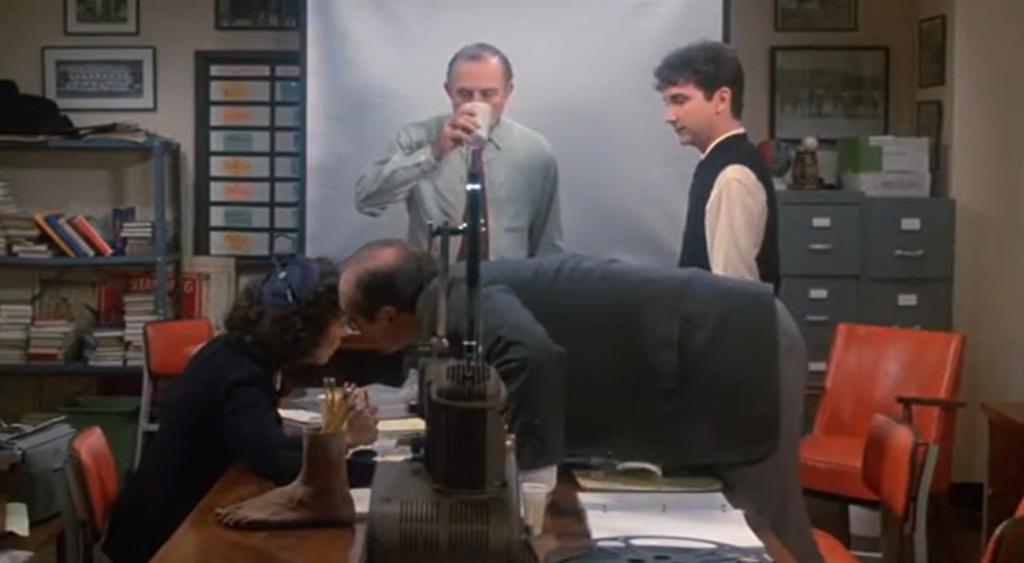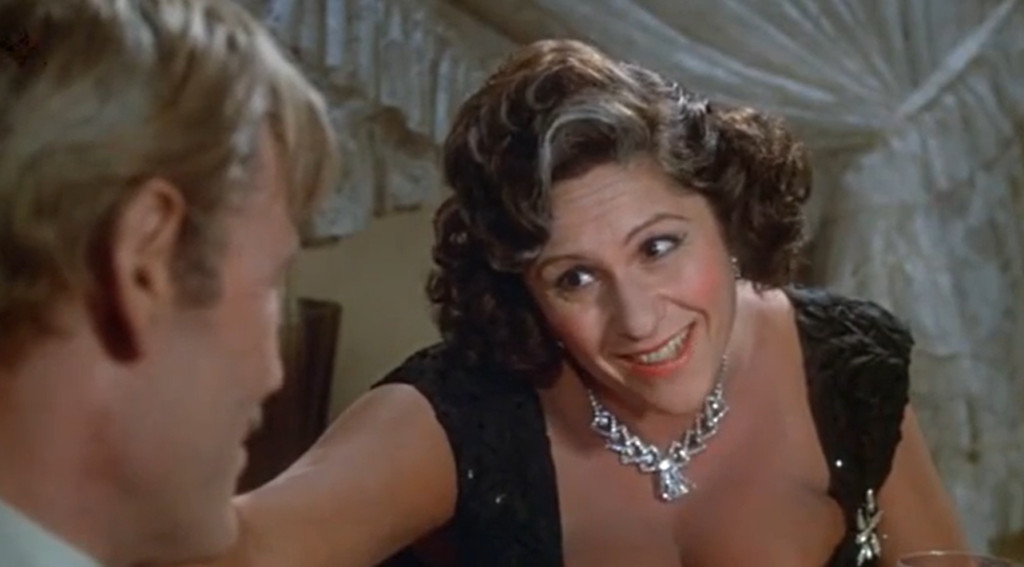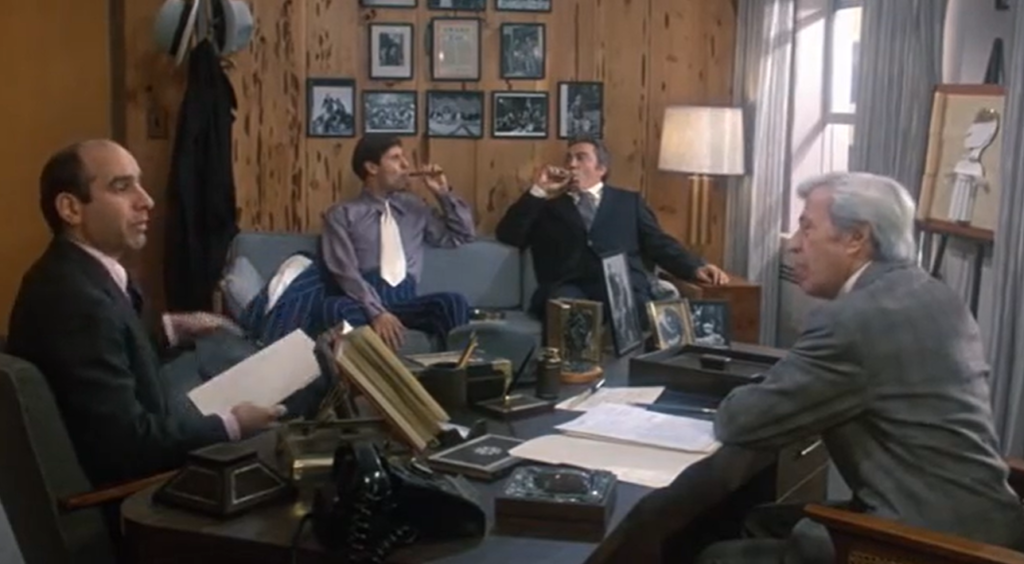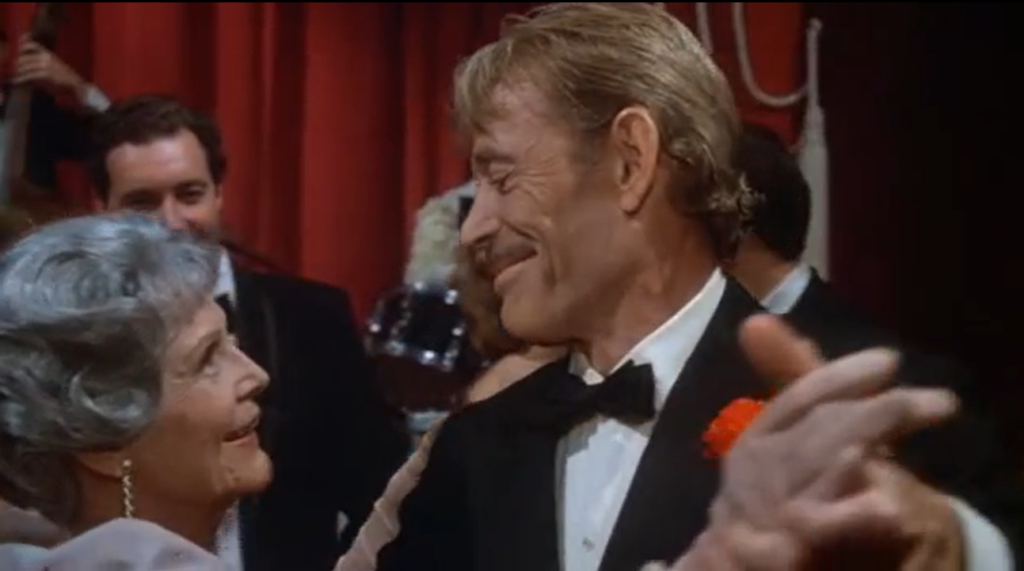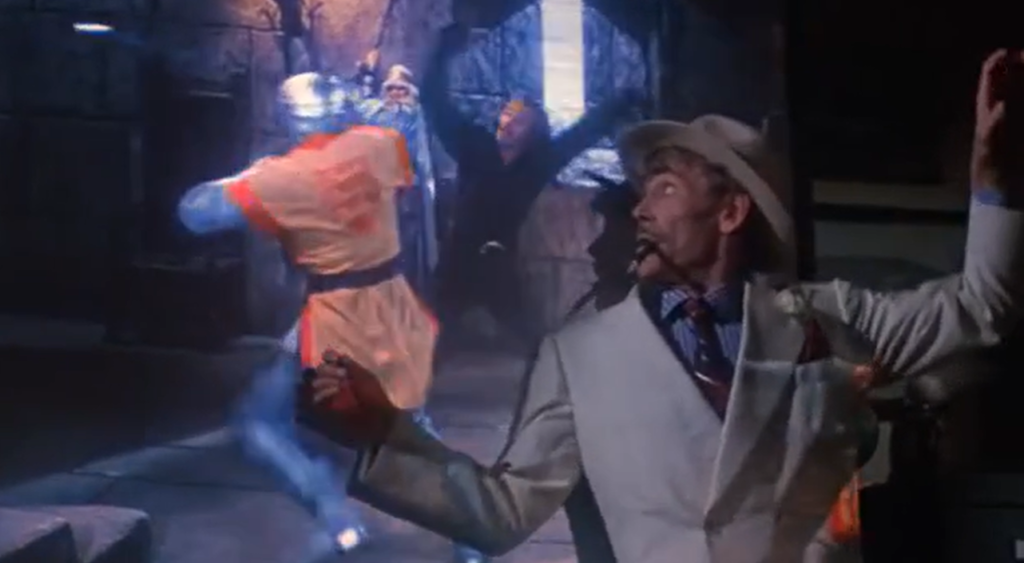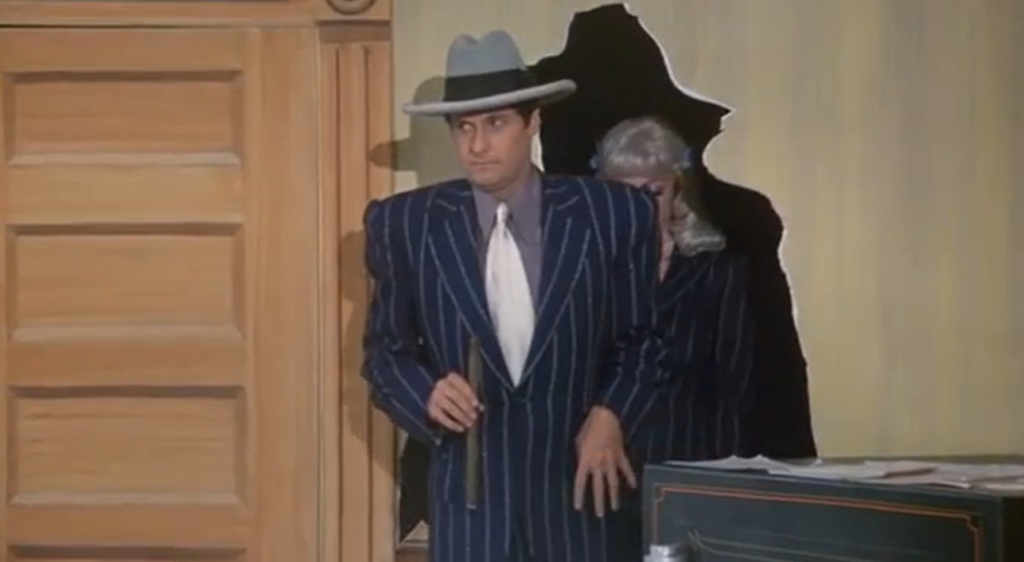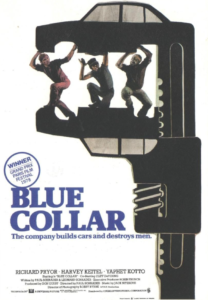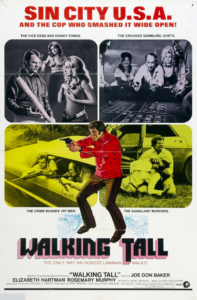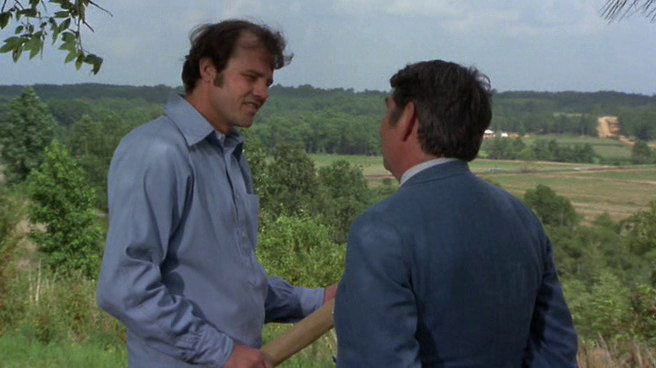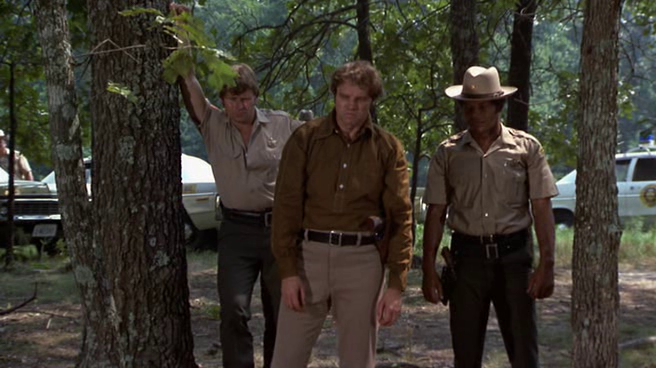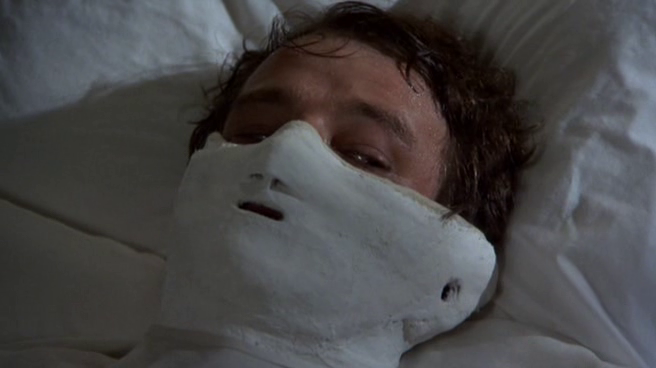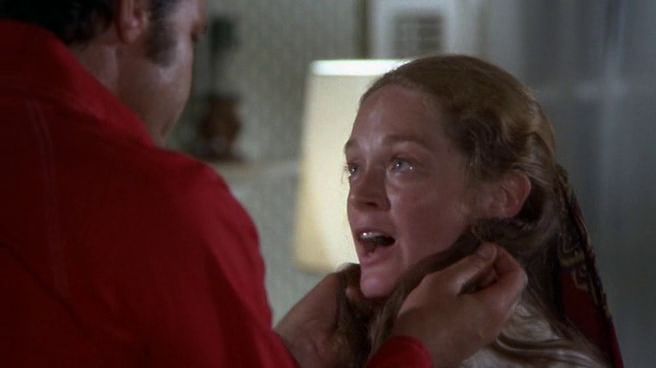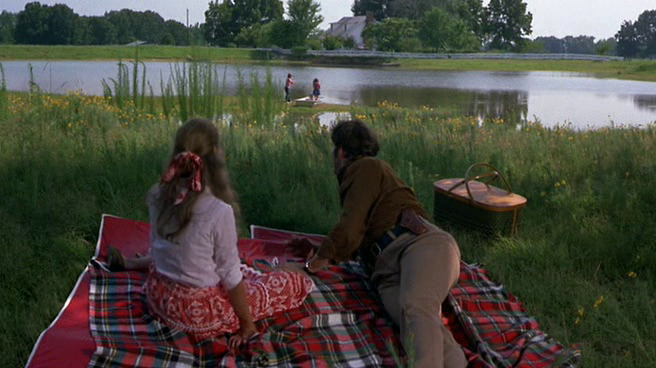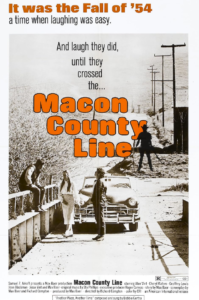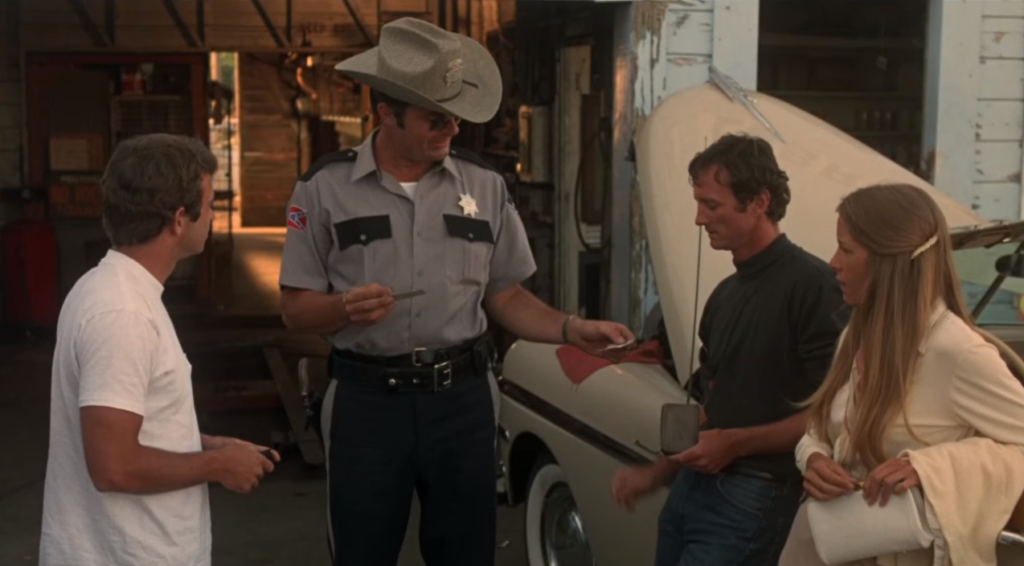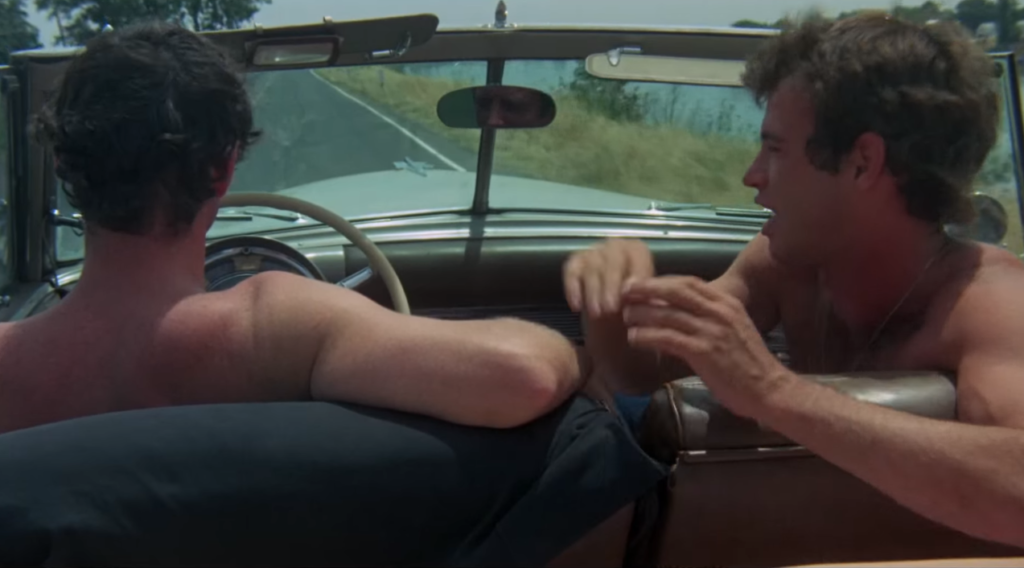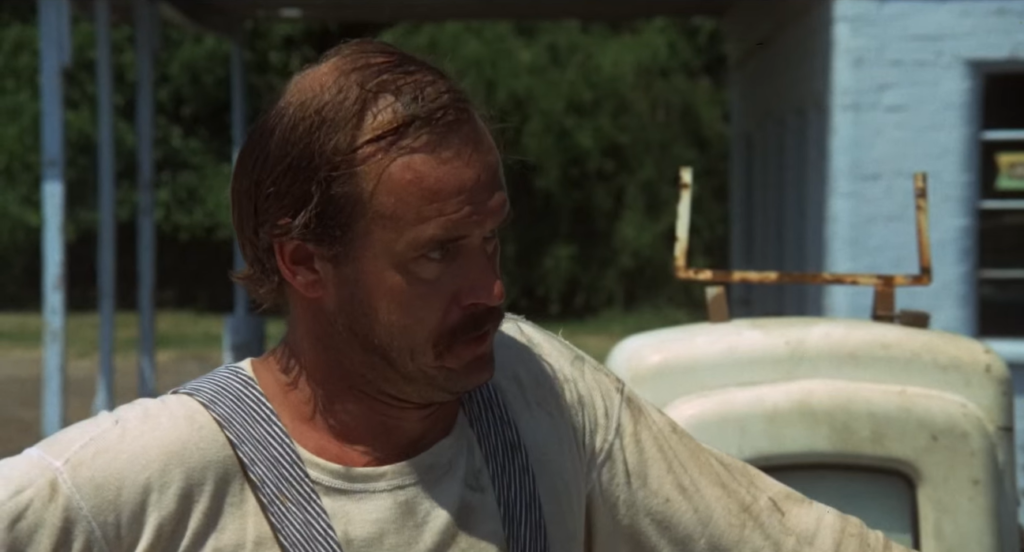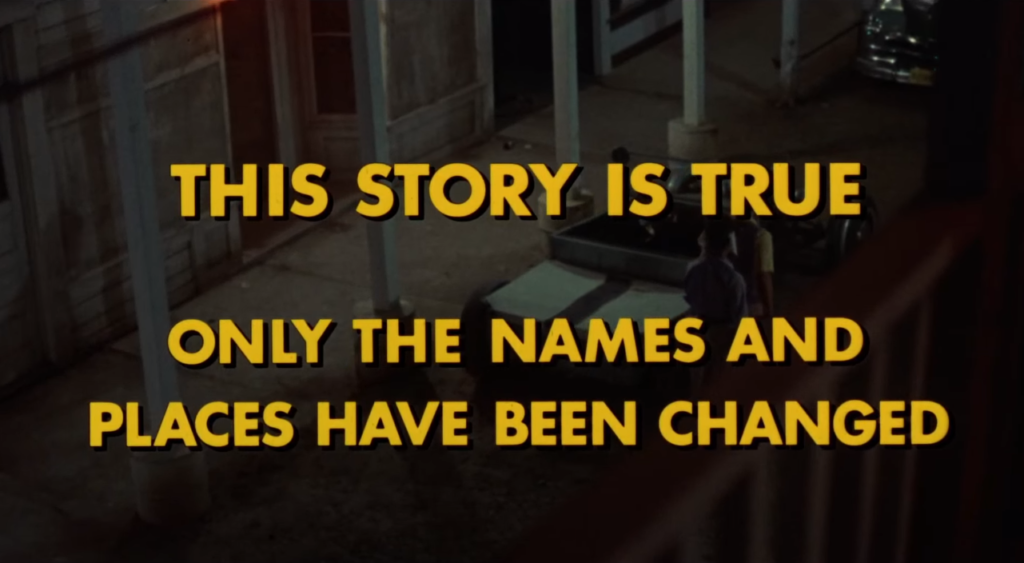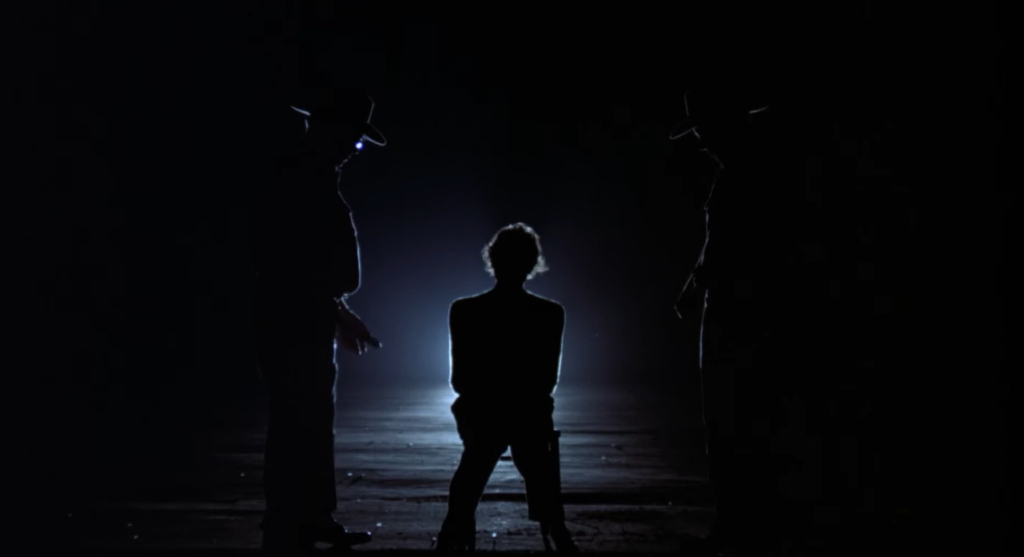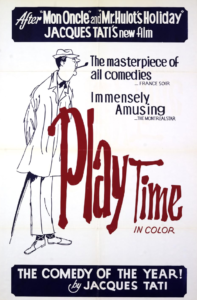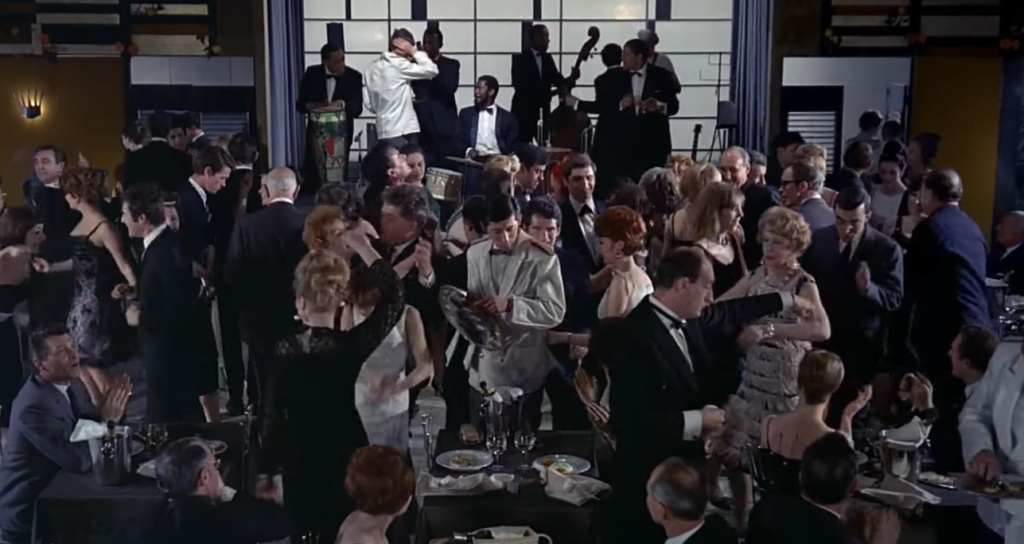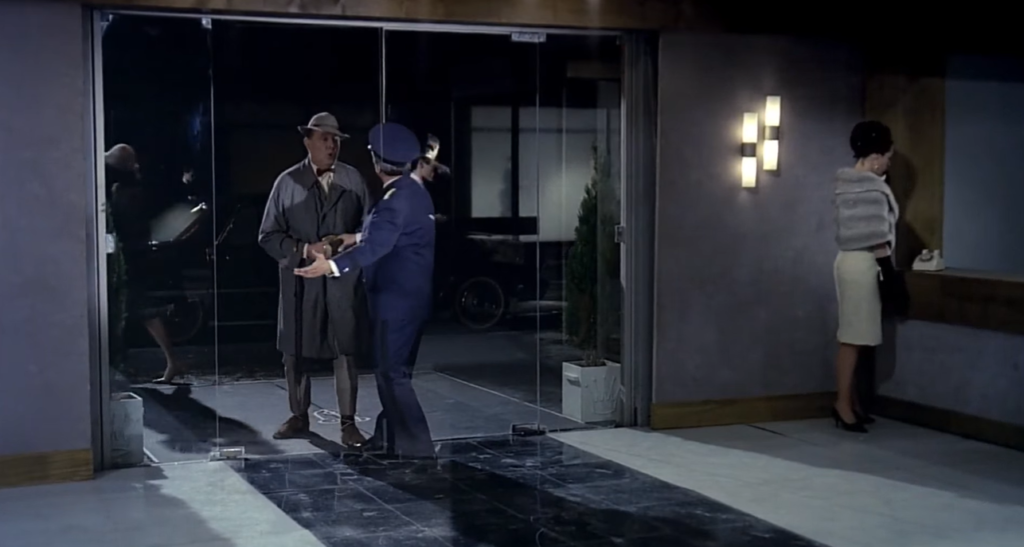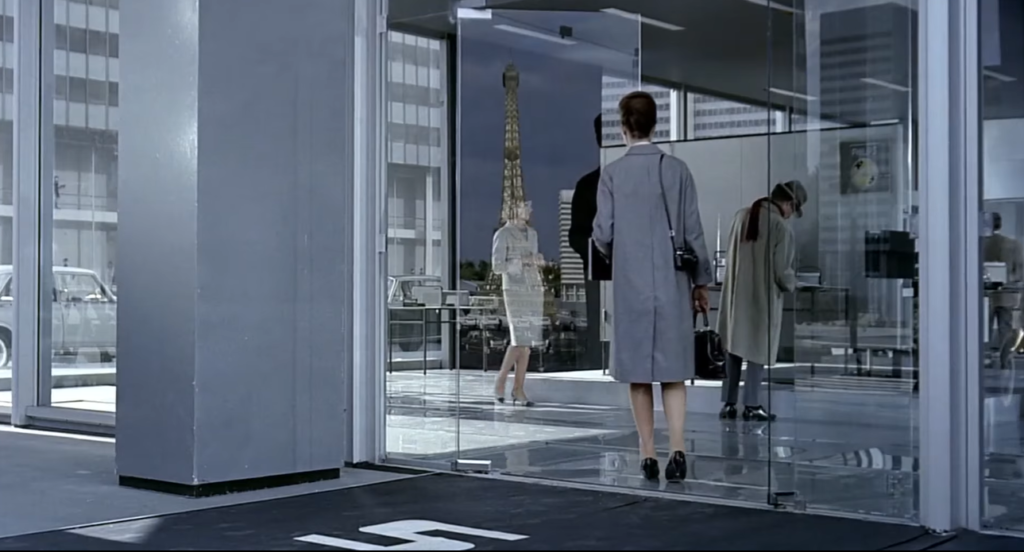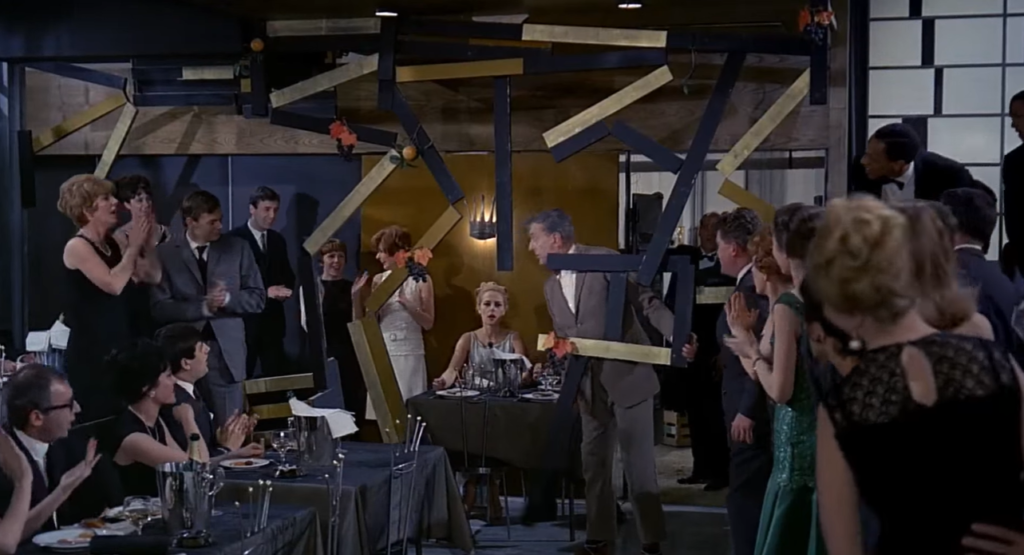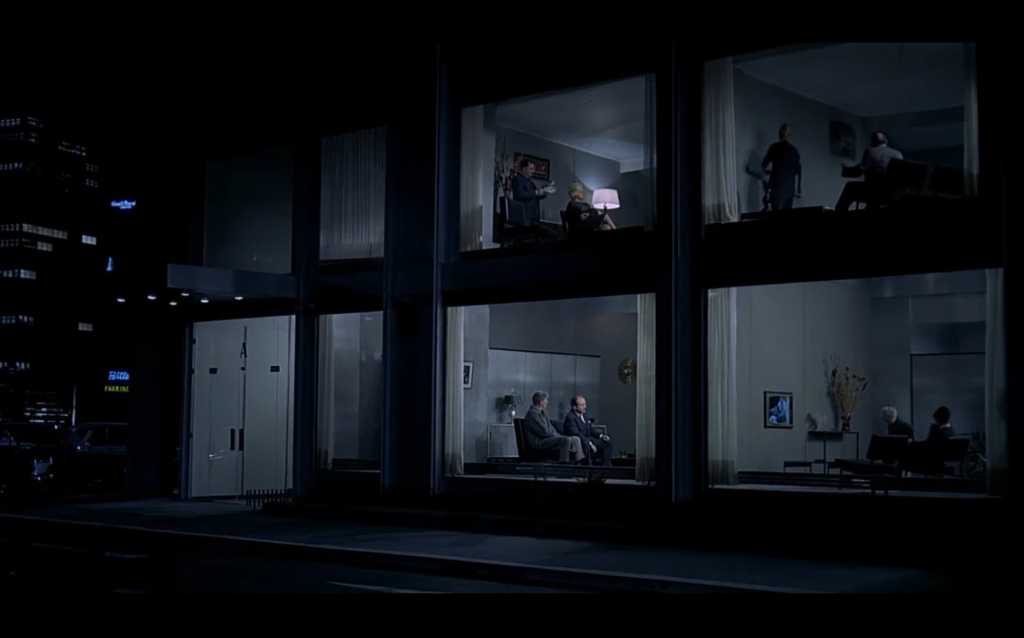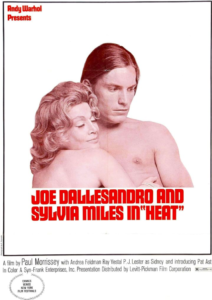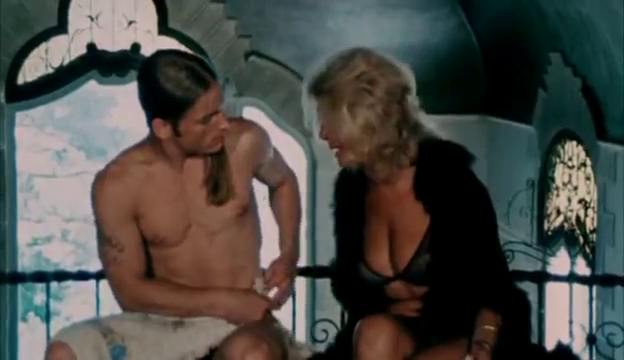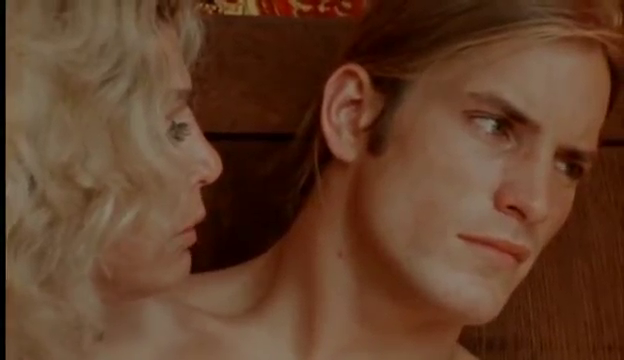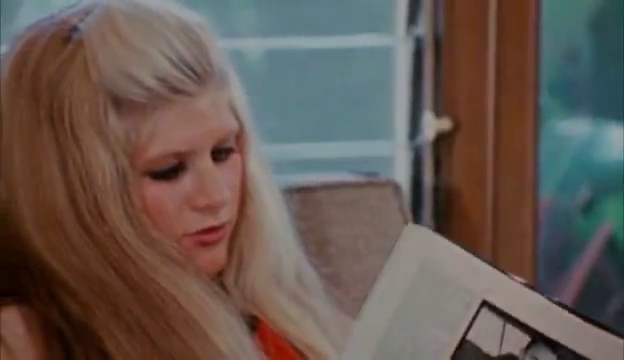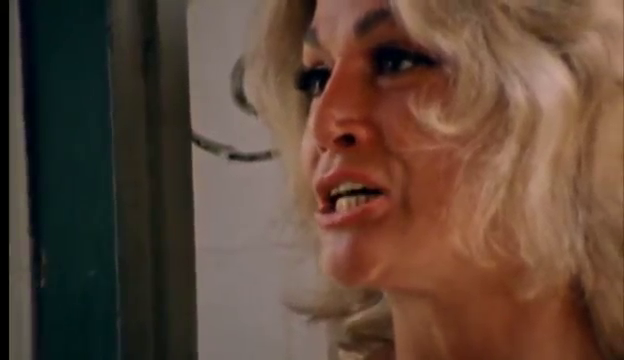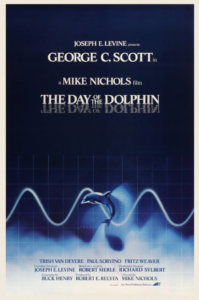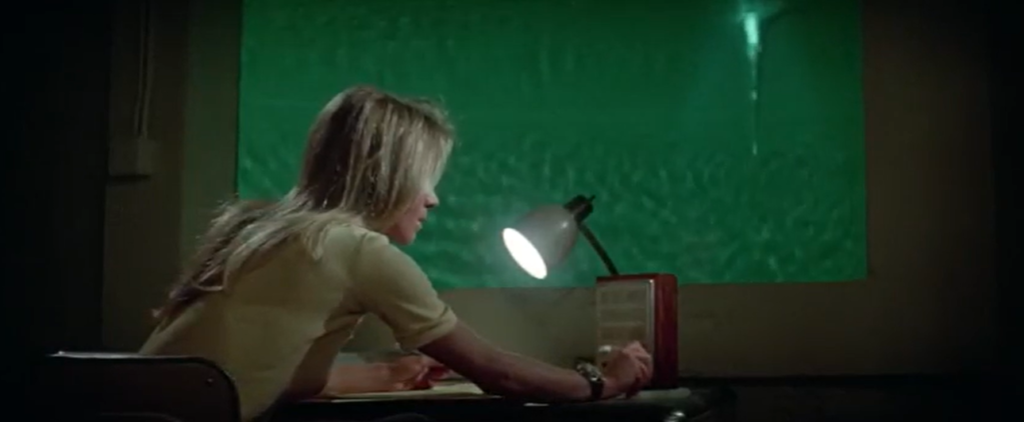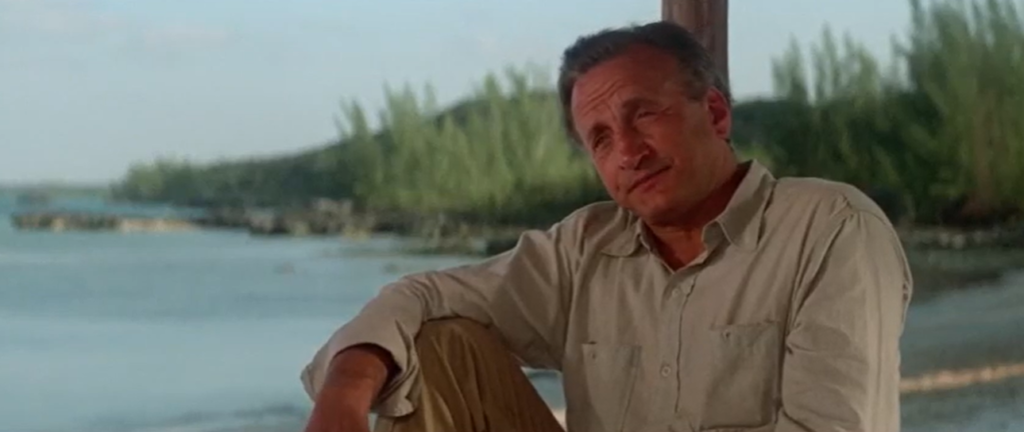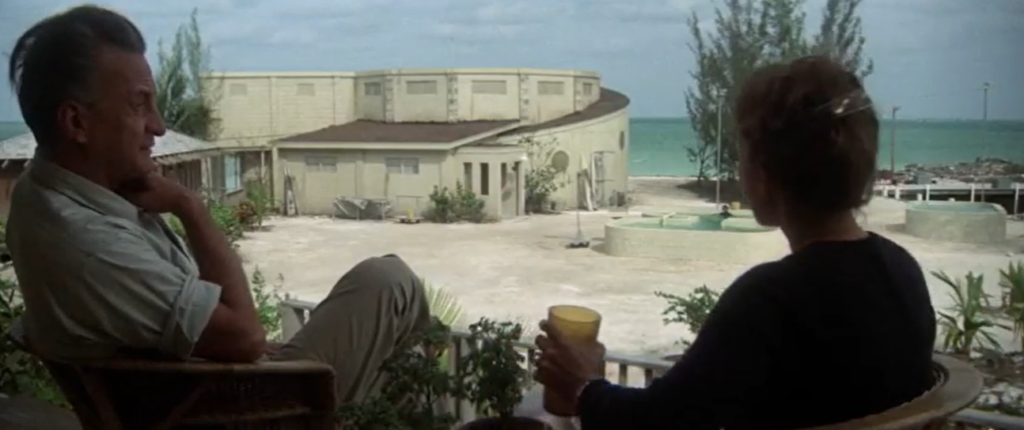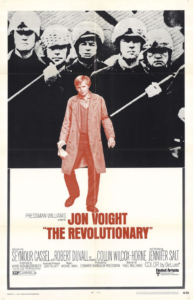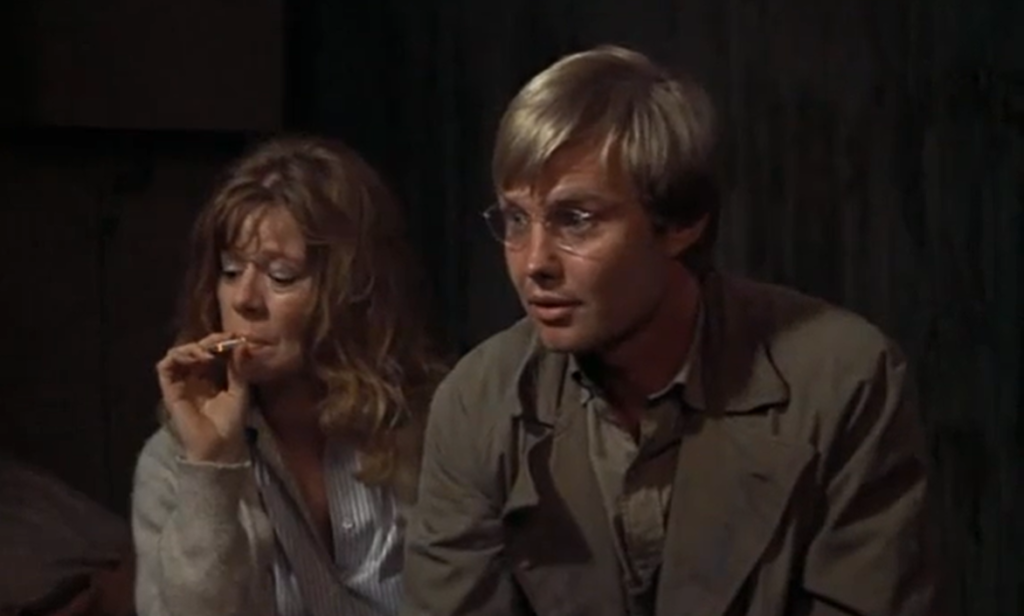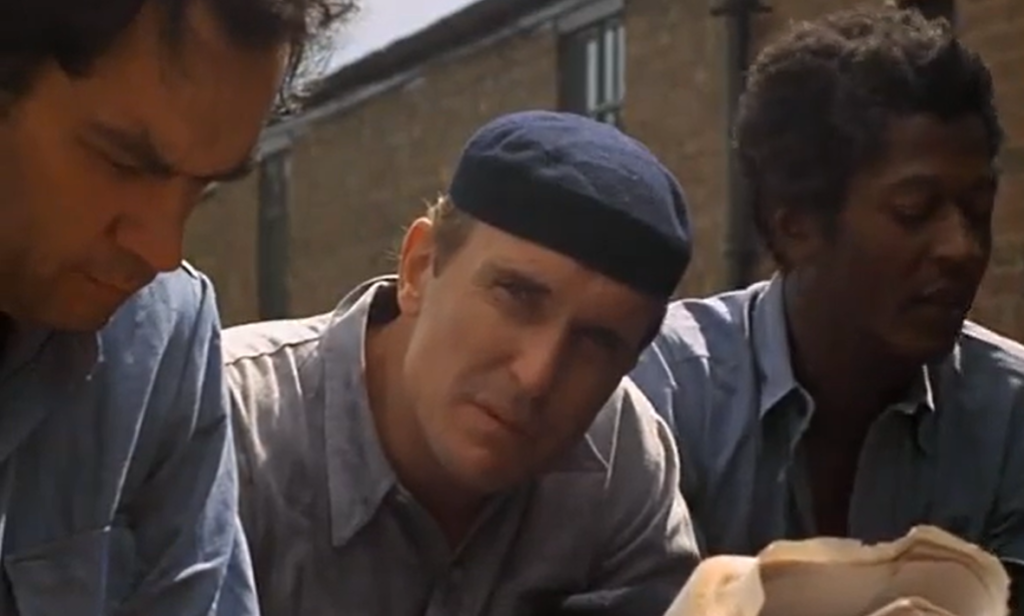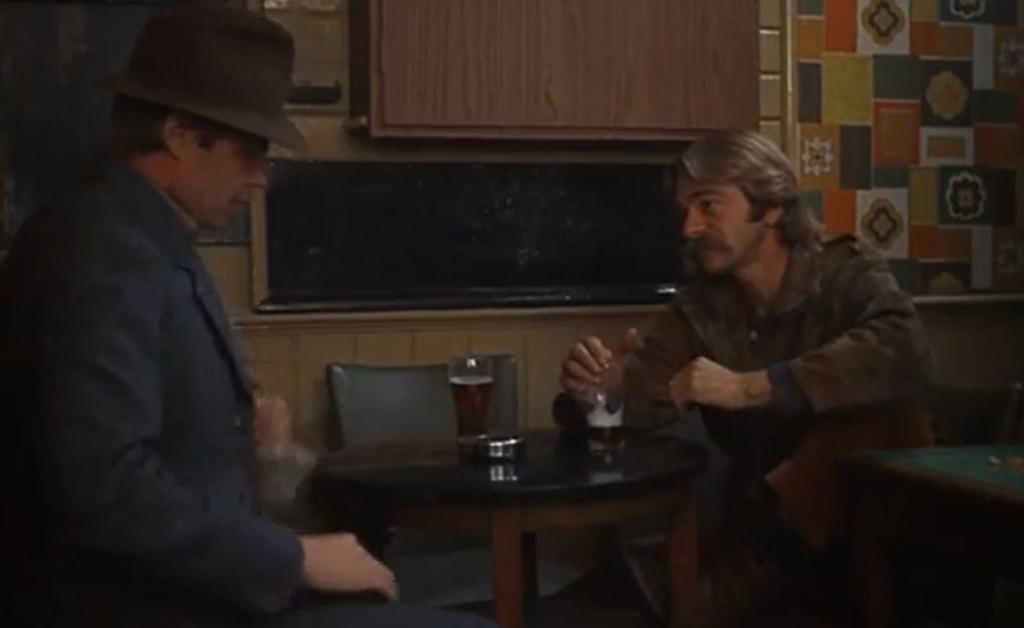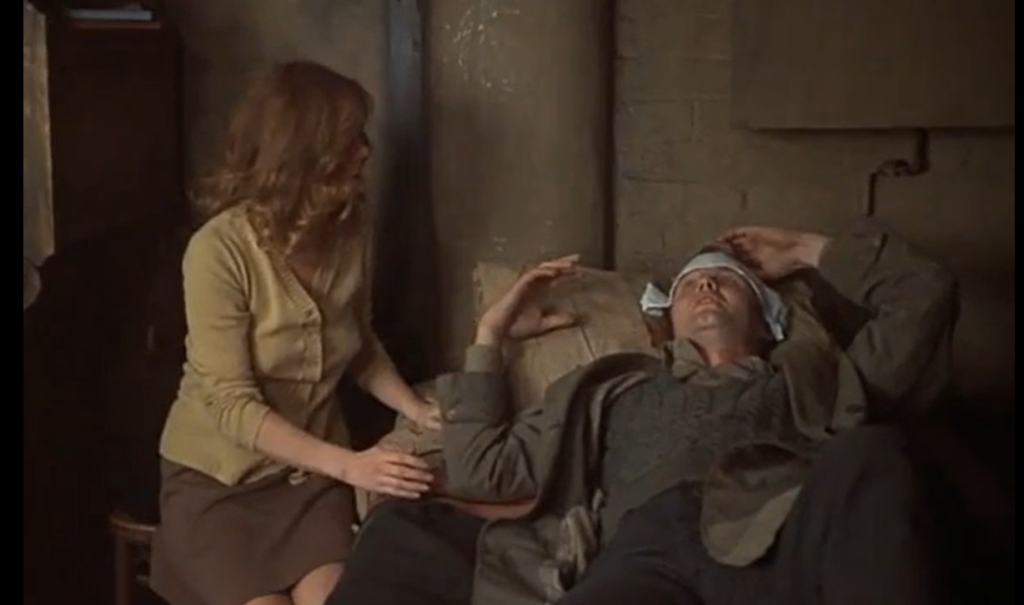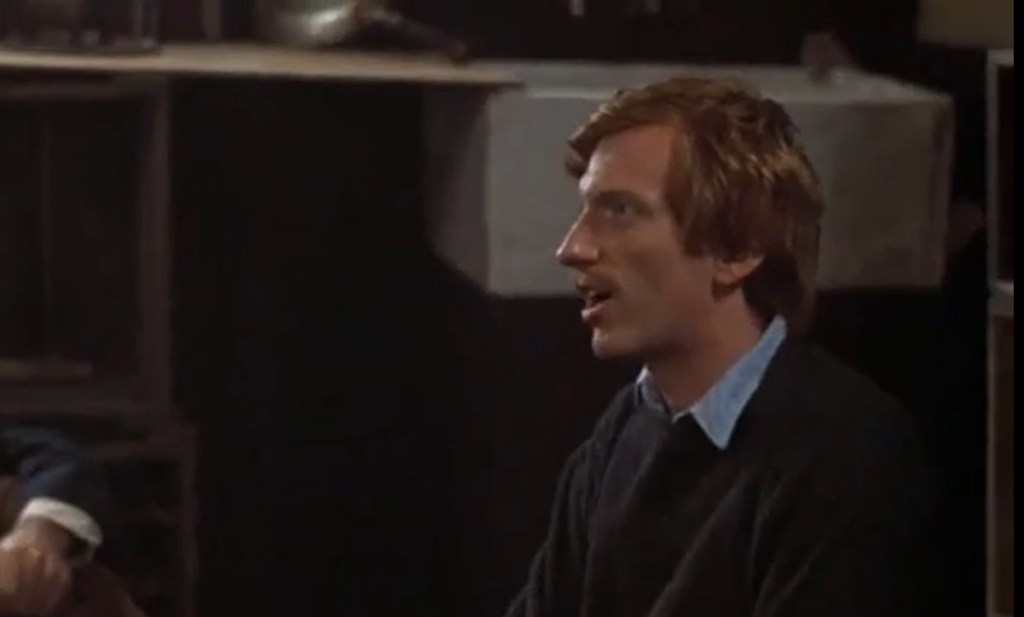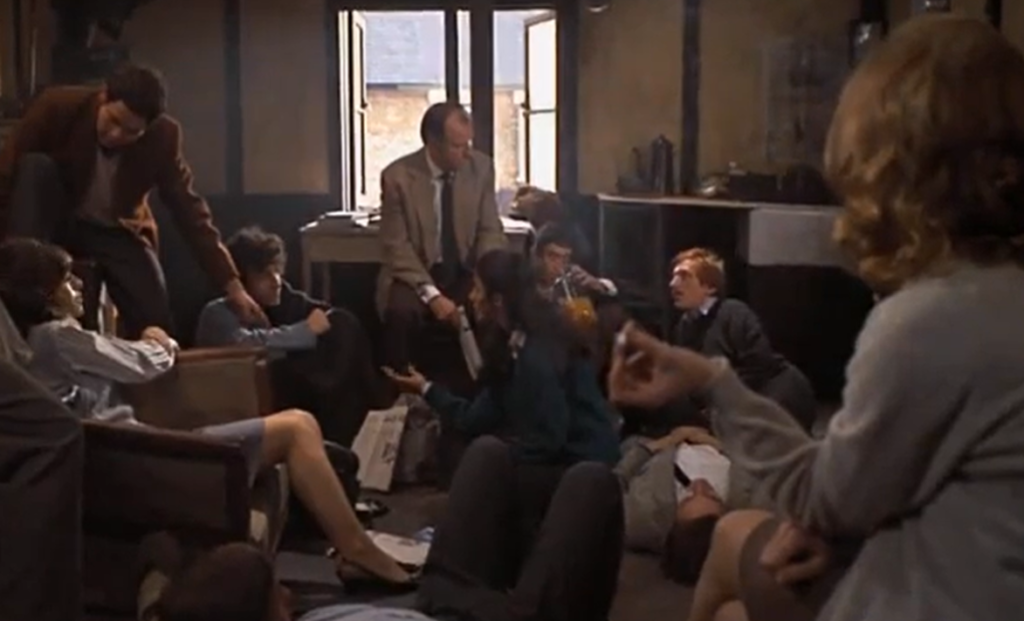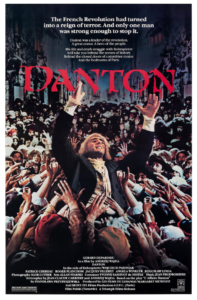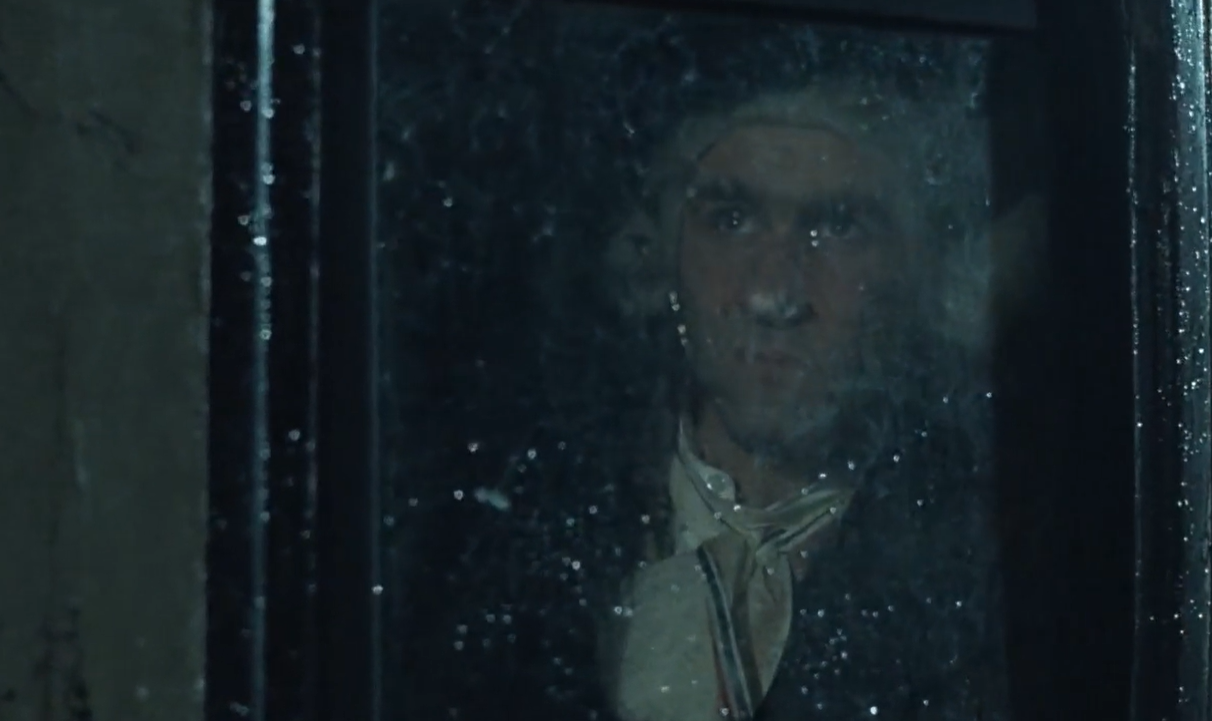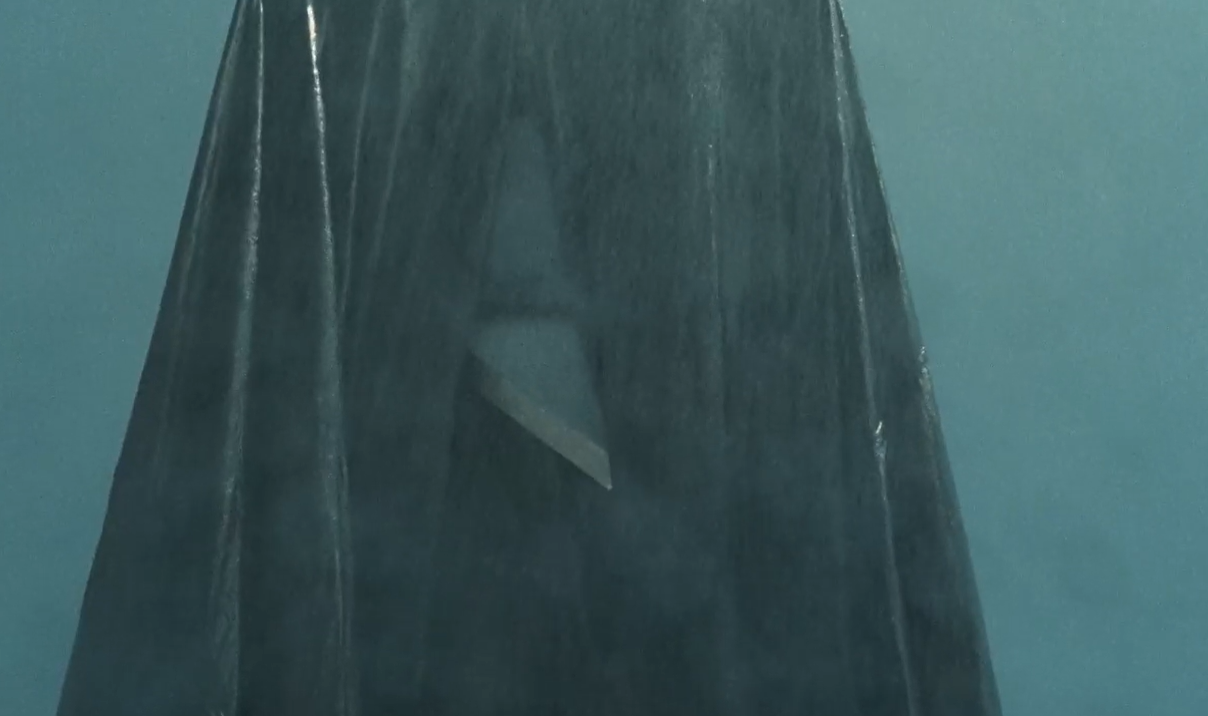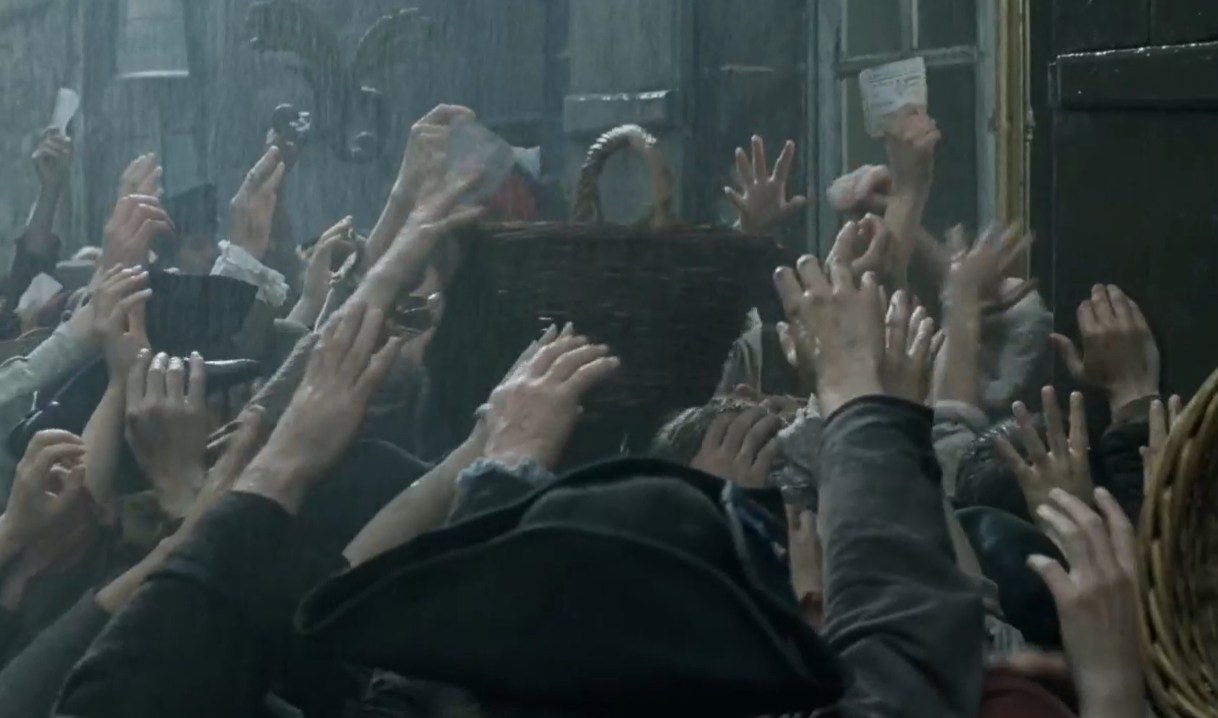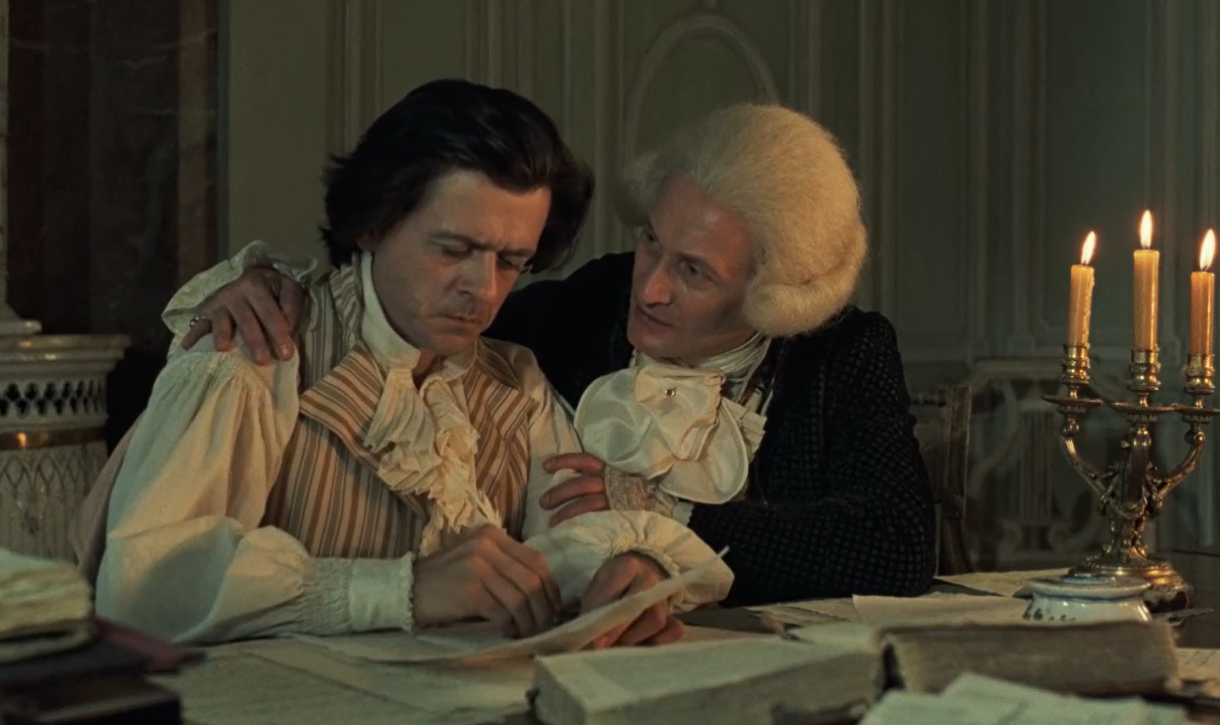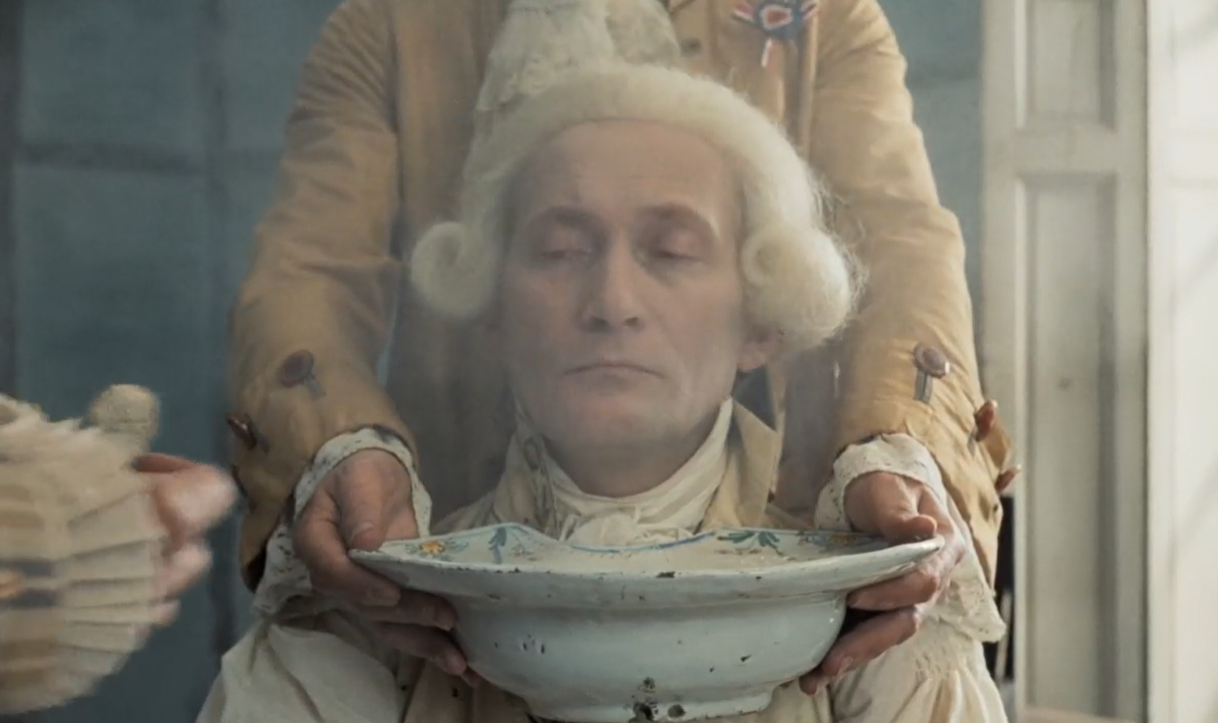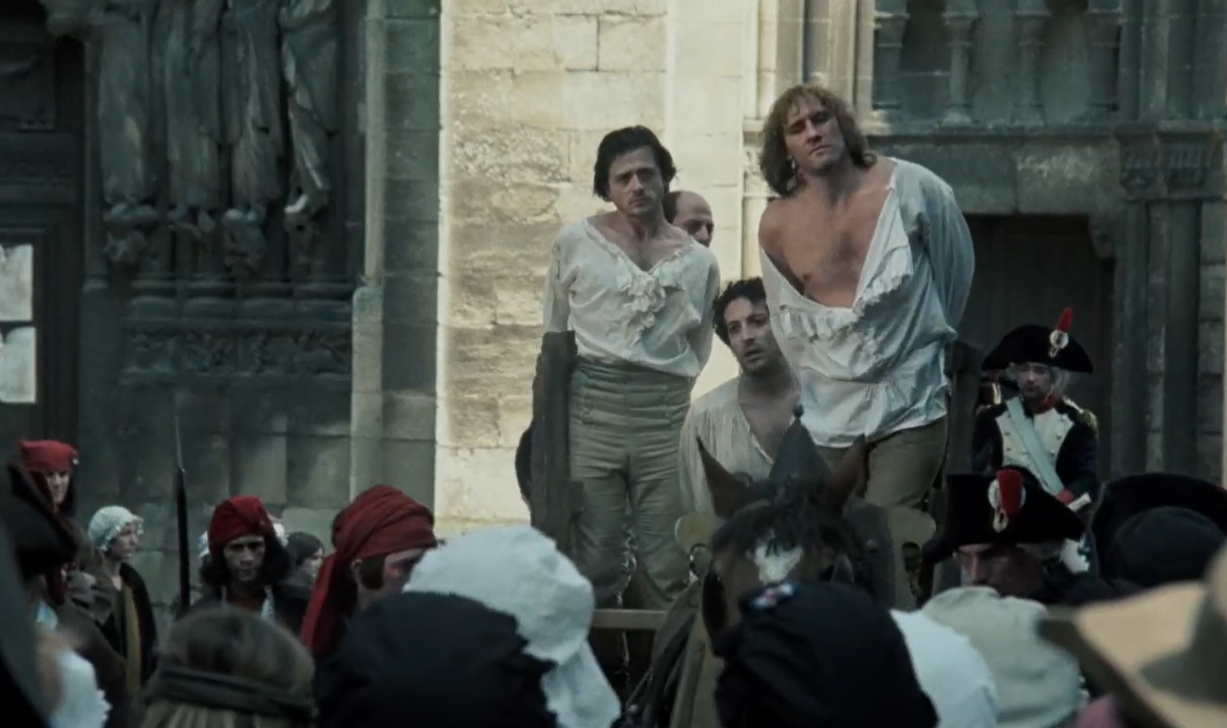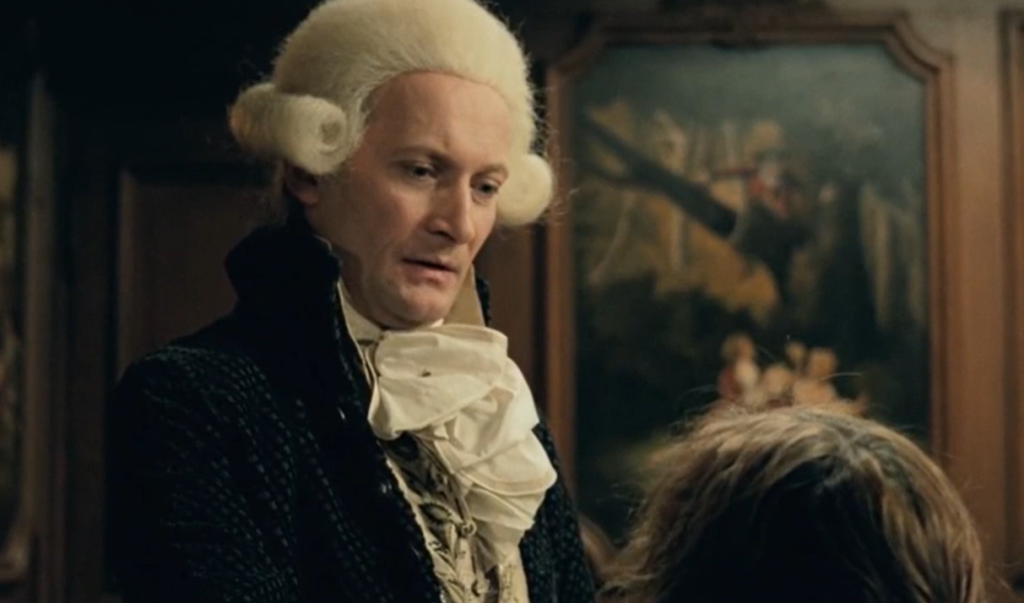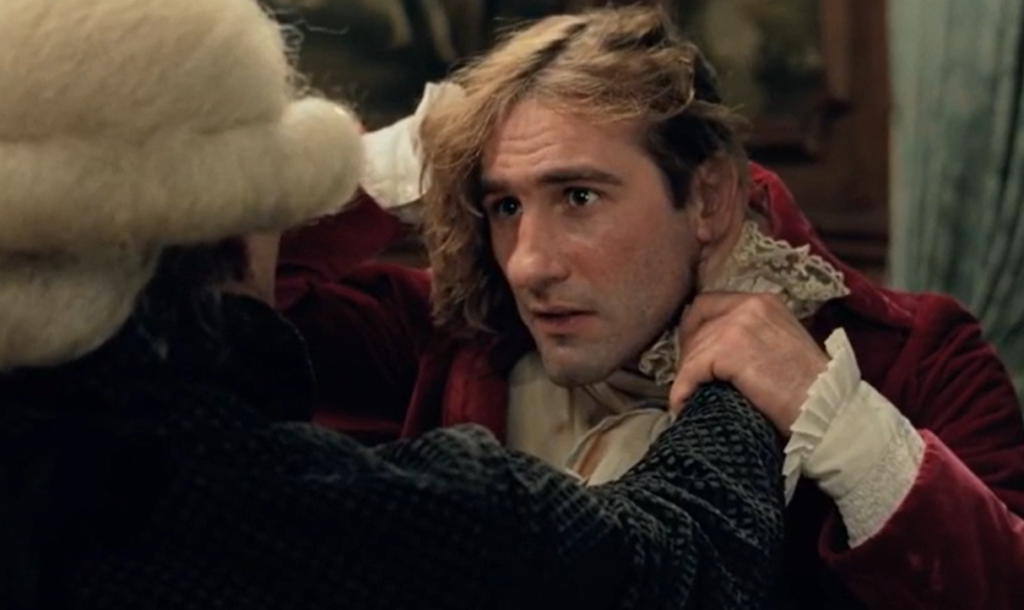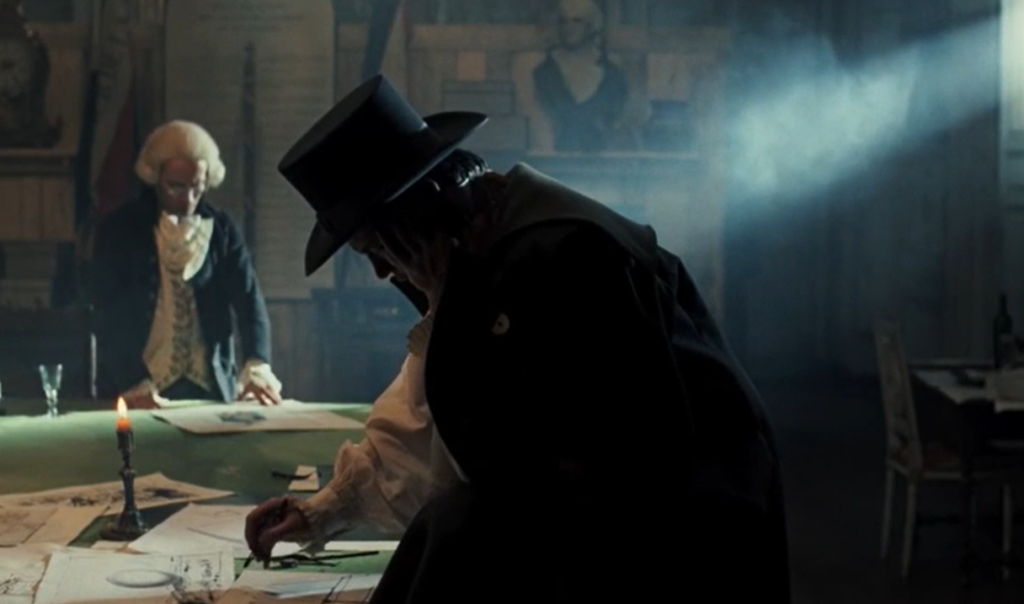|
Genres, Themes, Actors, and Directors:
- Ed Begley Jr. Films
- Harvey Keitel Films
- Heists
- Labor Movement
- Paul Schrader Films
- Political Corruption
- Richard Pryor Films
Response to Peary’s Review:
Peary writes that this “excellent, unusual film by Paul Schrader, which he wrote with brother Leonard” at first “threatens to become a comedy, perhaps like 9 to 5, in which three exploited employees ‘screw’ the boss.”
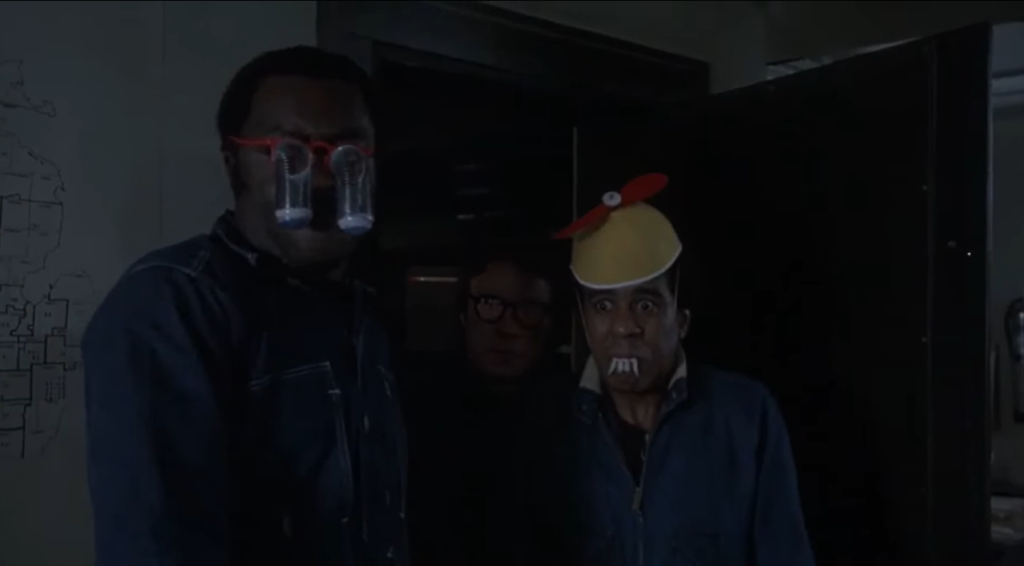
An early scene taking place at Pryor’s apartment — when he receives an evening visit from an IRS agent (Leonard Gaines), and quickly rallies with his wife (Chip Fields) to “produce” the additional children he has claimed on his returns:
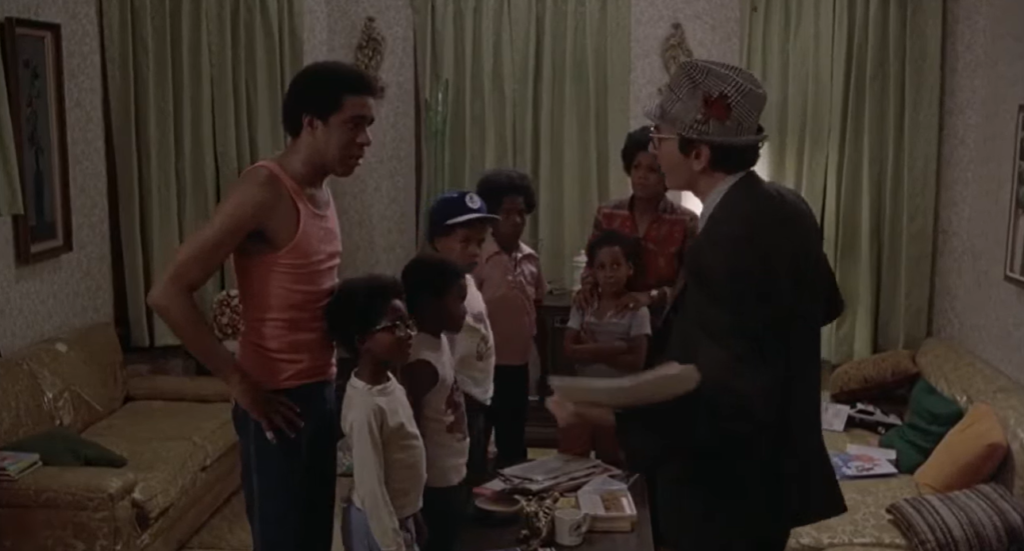
… is definitely written with a comedic undertone, though the circumstances behind it (constant, unrelenting financial pressures) are all-too-real;” and “when the union gets serious, the comedy disappears.”
Peary notes that this “cult film is strongly written, provocative, [and] extremely well acted” — and for the time the movie was made, “Schrader’s to be commended for having two of his three leads be black.”
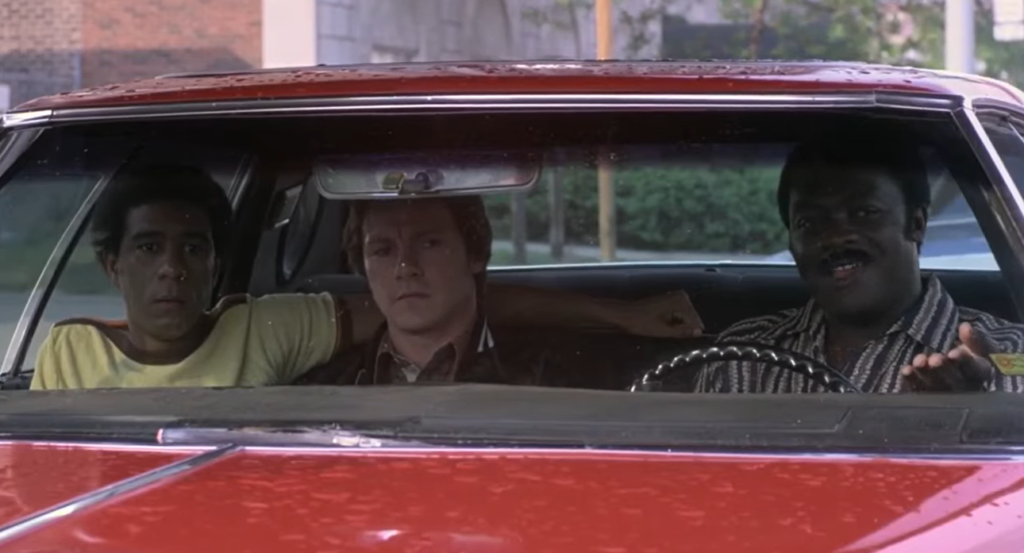
To that end, all three lead actors turn in impressive, believable performances — though I’ll admit it was hard to watch a scene in which the men gather at Kotto’s apartment for a coke-and-sex-fueled party, given that both Pryor and Keitel have lied to their sweet wives (Fields and Luca Saroyan) about going out.
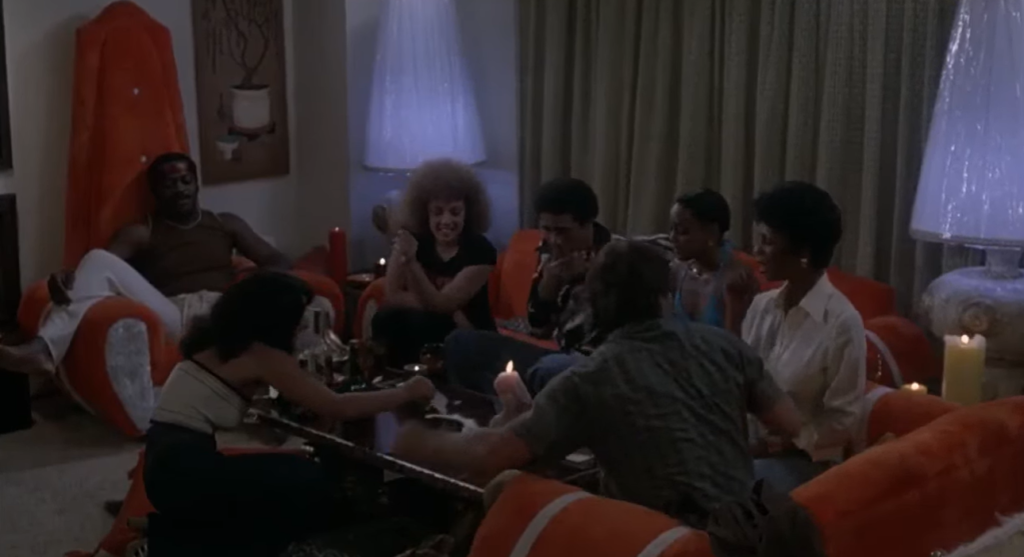
I get it that the men want to let loose and relieve some tension, given the extreme frustrations of their work — but their wives don’t deserve either deception or STDs. With that caveat aside, the script is heavy-hitting in a refreshing way: we understand the massive corruption at play across all systems (including the union) right away, and how challenging these men’s choices are. There’s a particularly gruesome (and effective) murder scene that shifts the film into horror-flick territory — and things get even more harrowing from there. This isn’t an easy film to watch, but it’s a powerful and important one.
Note: Watch for Ed Begley, Jr. in a small role as a fellow employee and friend.
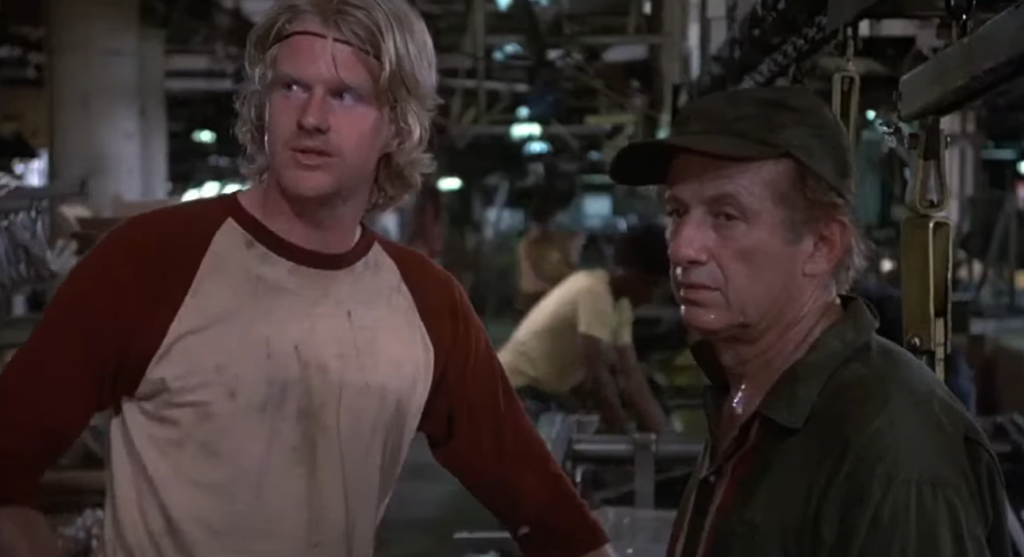
Notable Performances, Qualities, and Moments:
- Yaphet Kotto as Smokey
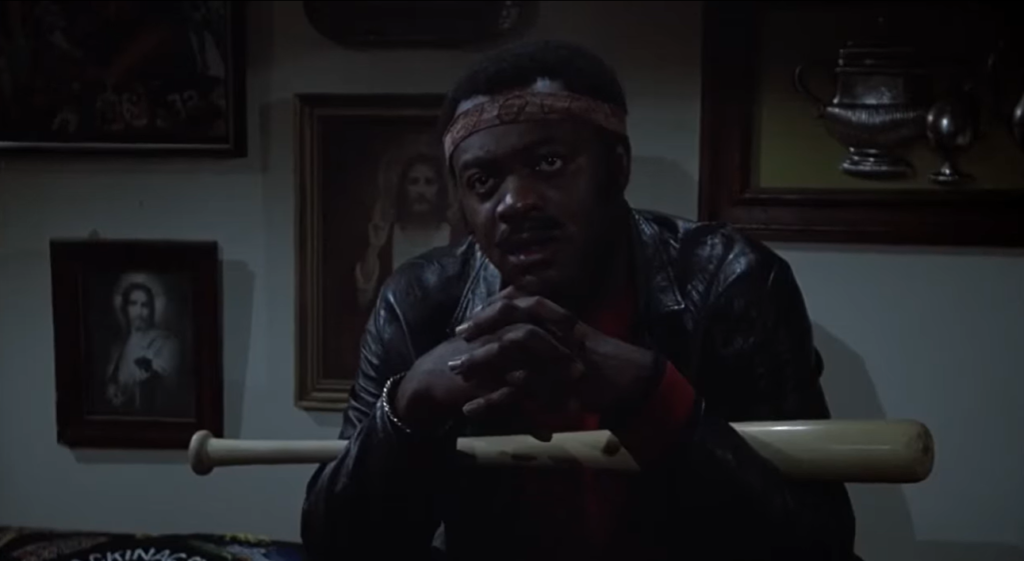
- Harvey Keitel as Jerry
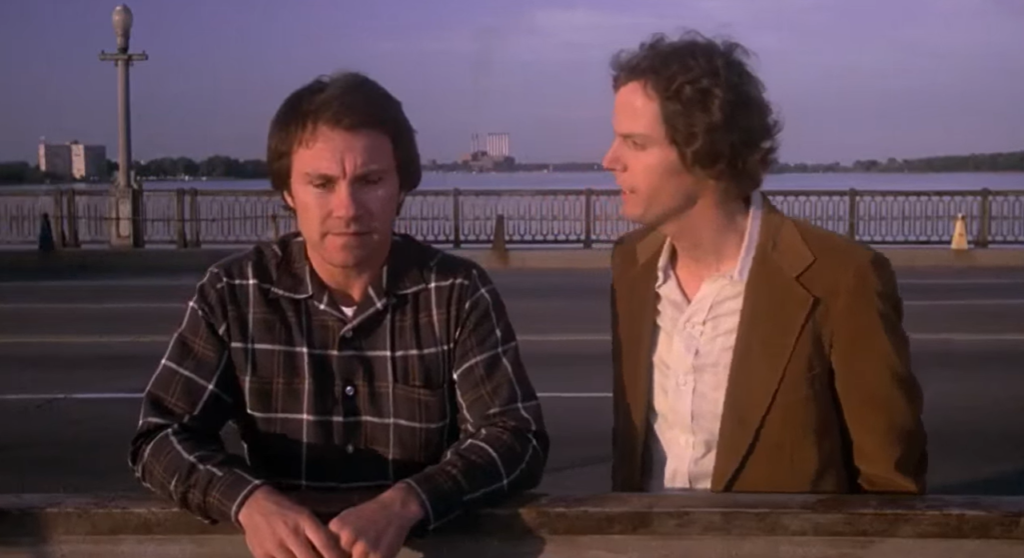
- Richard Pryor as Zeke
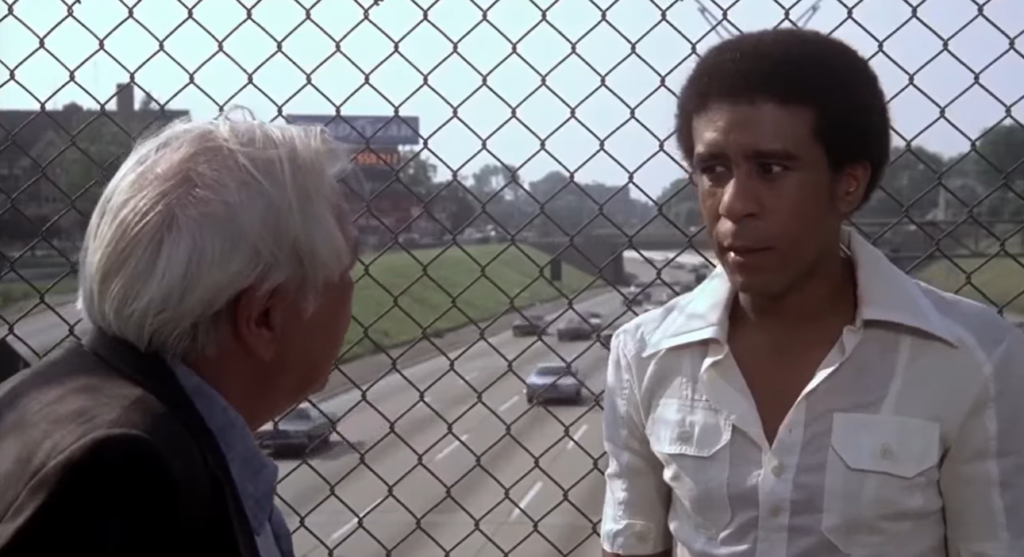
- Fine location cinematography
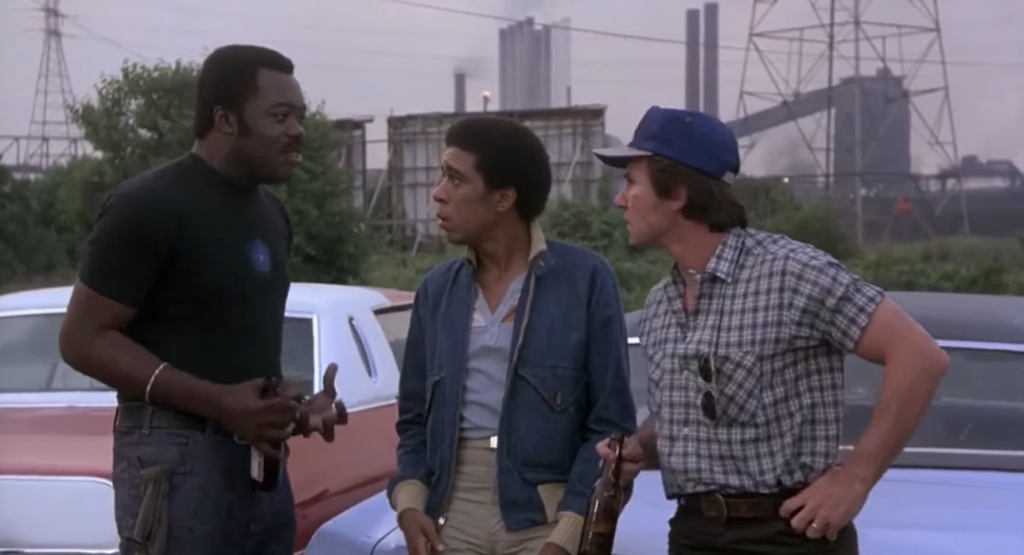
Must See?
Yes, as a still-powerful neo-realist thriller.
Categories
Links:
|
